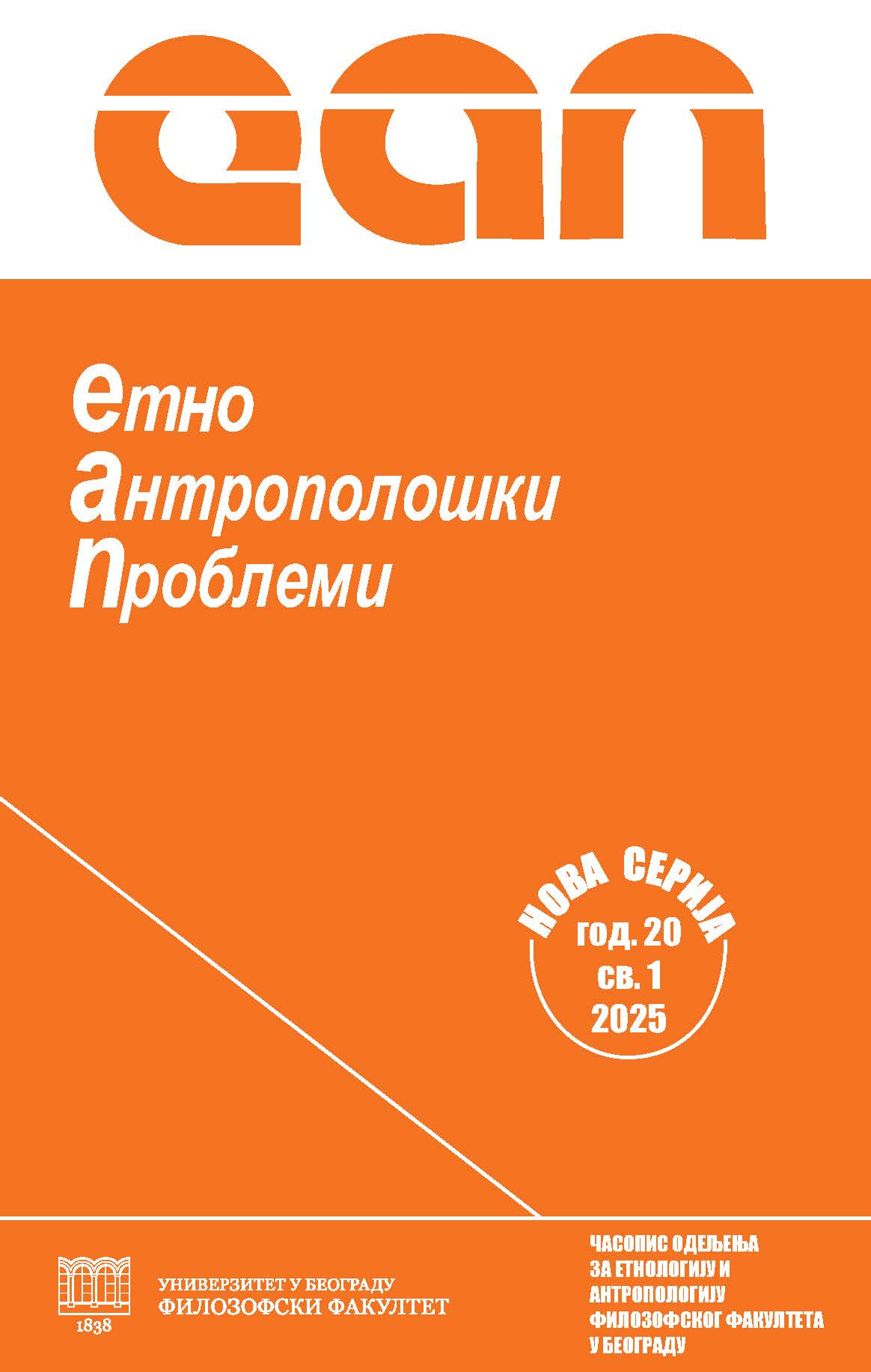Pretpostavke obrazovnog sistema i profesionalna očekivanja na scenama izvođačkih umetnosti na periferijama
Premises of the Educational System versus Professional Expectations of the Performing Arts on the Peripheries
Author(s): Ksenija Marković Božović, Tatjana Nikolić, Jovana KaraulićSubject(s): Theatre, Dance, Performing Arts
Published by: Филозофски факултет, Универзитет у Београду
Keywords: performing arts; higher education in performing arts; informal professional development; independent troupes; peripheries
Summary/Abstract: This article presents the findings of 11 focus groups with a total of 59 per¬forming artists from different countries in Southern and Central Europe, on the topic of the ‘need to strengthen the capacity’ of this group of actors in the inter¬national art sector. The research is grounded in contemporary career theories, the hybridization of professional engagement, and precariat in the arts sector. The study mapped significant differences in national as well as regional con-texts within Central and Southern Europe, but also the widespread gap between formal education and informal professional development and lifelong learning in the field of performing arts. Despite the Bologna Process, formal education has largely remained locally specific, partly due to different traditions, which has led to the situation where, in some countries of the region, the higher edu¬cation infrastructure in performing arts is well developed, while in others it is underdeveloped or nonexistent. Where it does exist, state higher education in performing arts predominantly focuses on performance skills and techniques, often neglecting interdisciplinary approaches and the contextualization of artis¬tic work within social and political theories or practices. A key factor in strength¬ening the capacity of performing artists lies in international platforms, including both collaborative projects and donors who finance and facilitate such projects, primarily the European Union, but also other organizations. These projects and platforms simultaneously serve as sources of pressure on artists to engage with contemporary social issues and to assume multiple roles within the cultural sec¬tor, which requires additional sets of skills, knowledge, and competencies. In this context, many research participants identified producers and managers in¬terested in working within smaller collectives and independent troupes as one of the missing profiles, those professionals who possess the competencies for both operational and administrative tasks as well as for providing creative support to the artistic process.
Journal: Етноантрополошки проблеми
- Issue Year: 20/2025
- Issue No: 1
- Page Range: 243-264
- Page Count: 22
- Language: Serbian

